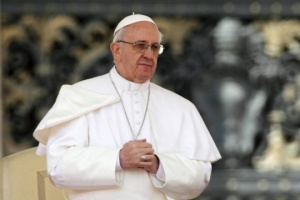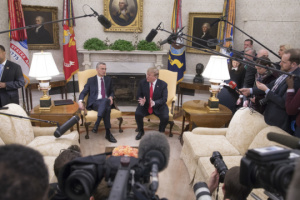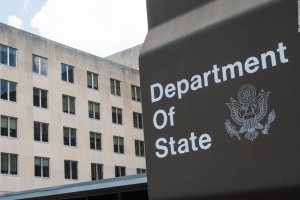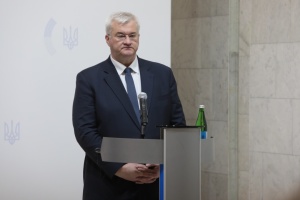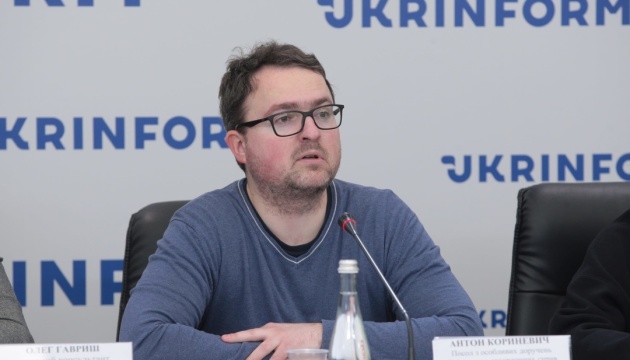
MFA Ambassador-at-Large Korynevych outlines what is needed to establish Special Tribunal for Russia
The relevant statement was made by Ambassador-at-Large of the Ukrainian Foreign Affairs Ministry Anton Korynevych during the press conference ‘International Military Tribunal: What has changed in a year?’ at Ukrinform.
“We otherwise understand that the creation of a new judicial body [a special tribunal for Russia’s crime of aggression against Ukraine – Ed.] by international efforts is, undoubtedly, both political and legal work. We, lawyers, of course, do our work, but we need to form the political will of our partners to participate in this process, because, one way or another, any decision to create any new institution is always a political decision. Of course, it should be based on a legal framework, but it is always a political decision,” Korynevych told.
In this context, Korynevych emphasized the importance of advocacy communication efforts related to the establishment of a Special Tribunal and, in particular, the decisions of parliaments in this regard.
“We are really looking forward to the decisions of the U.S. House of Representatives and Germany’s Bundestag, as the Bundesrat has already politically supported the establishment of a Special Tribunal, because the positions of parliamentarians are, certainly, important to the executive branch, but the Special Tribunal, eventually, will be created by governments,” Korynevych noted.
Korynevych mentioned that there had been two known cases of conviction for the crime of aggression at the international level, namely the Nuremberg International Tribunal and the International Military Tribunal for the Far East (Tokyo War Crimes Tribunal).
“We are now doing what, in fact, has not been done in international law for more than 70 years. This is indeed a historic moment, including for international law, so that you and I can see how it can react to the biggest aggression in Europe since the Second World War and to the situation that is recognized as aggression at the UN level in the resolutions of the General Assembly,” Korynevych concluded.

